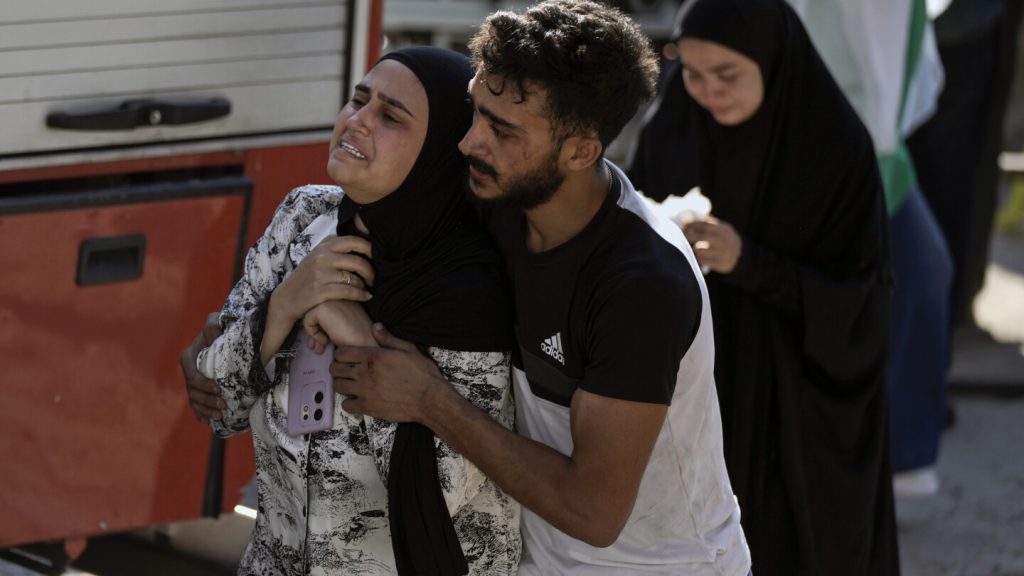In 2006, the United Nations Security Council unanimously passed Resolution 1701 to end the conflict between Israel and Lebanon’s Hezbollah militant group. The resolution aimed to establish lasting security along the border, but its terms were never fully enforced. After nearly a year of low-level clashes, Israel and Hezbollah are now on the brink of another all-out war. The international community is once again turning to Resolution 1701 in an attempt to end the conflict and achieve long-term stability in the region.
The resolution was intended to build upon Israel’s withdrawal from most of southern Lebanon in 2000 and end the 2006 war. It mandated the full withdrawal of Israeli forces, leaving the Lebanese army and UNIFIL as the exclusive armed presence south of Lebanon’s Litani River. The Lebanese state was to have full sovereignty over its south, with up to 15,000 U.N. peacekeepers assisting in maintaining calm and securing the area. The goal was to establish long-term security and demarcate land borders to resolve territorial disputes.
Despite the intentions behind Resolution 1701, its full implementation has been hindered by ongoing violations and tensions between Lebanon and Israel. Both sides have accused each other of violating the terms of the resolution, with Israel highlighting Hezbollah’s growing arsenal and influence, and Lebanon raising concerns about Israeli military activities within its territory. UNIFIL’s ability to effectively enforce the resolution has also been called into question, with the peacekeeping force facing limitations on its mandate and scope of operations.
Hezbollah’s increasing power, both militarily and politically, has further complicated efforts to fully implement Resolution 1701. The group’s support for Iranian-backed activities in the region, coupled with its extensive arsenal of rockets and missiles, presents a significant challenge to stability in the area. The current hostilities between Israel and Hezbollah have prompted renewed focus on the resolution as a potential pathway to de-escalation, but new complexities have emerged that overshadow its relevance in the current context.
Efforts led by the U.S. and France to broker a temporary ceasefire between Israel and Hezbollah underscore the continued importance of Resolution 1701 in international diplomatic efforts. However, the interconnected nature of conflicts in the region, including the situation in Gaza involving Hamas, has created additional obstacles to achieving a lasting peace. As negotiations for ceasefires and truces remain deadlocked, the practical implementation of the resolution faces significant challenges in addressing the underlying issues fueling the conflict.
While Resolution 1701’s goals of establishing security and stability between Israel and Lebanon remain relevant, the evolving political landscape and power dynamics in the region have complicated efforts to fully enforce its provisions. As the parties involved continue to pursue their respective interests and agendas, the resolution serves as a reminder of the ongoing need for diplomatic solutions and international cooperation to prevent further escalation of violence and conflict in the Middle East.


